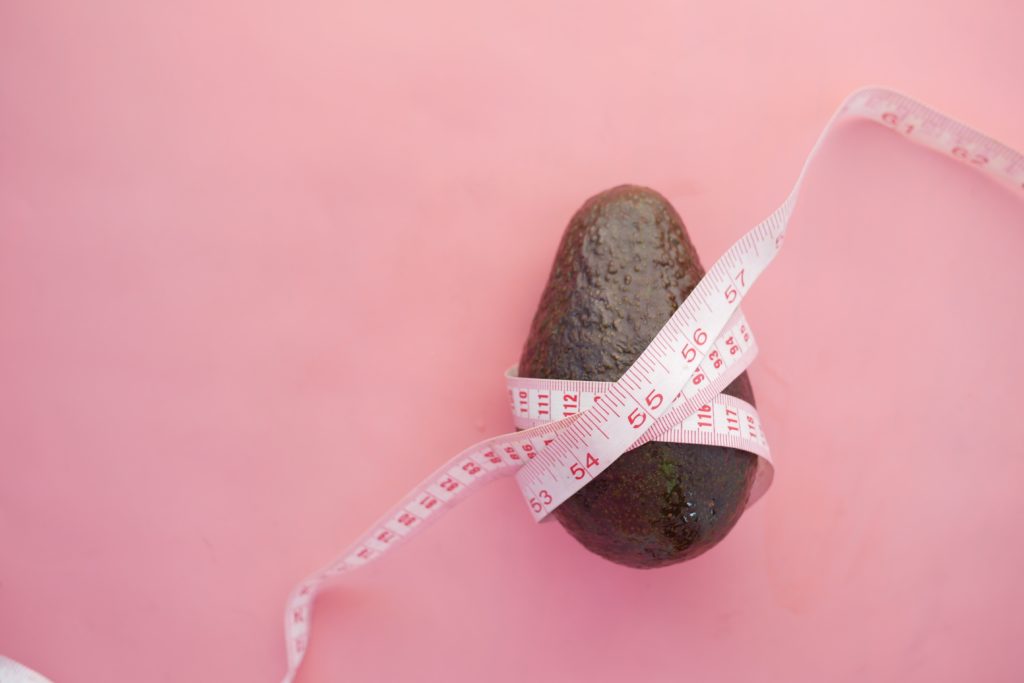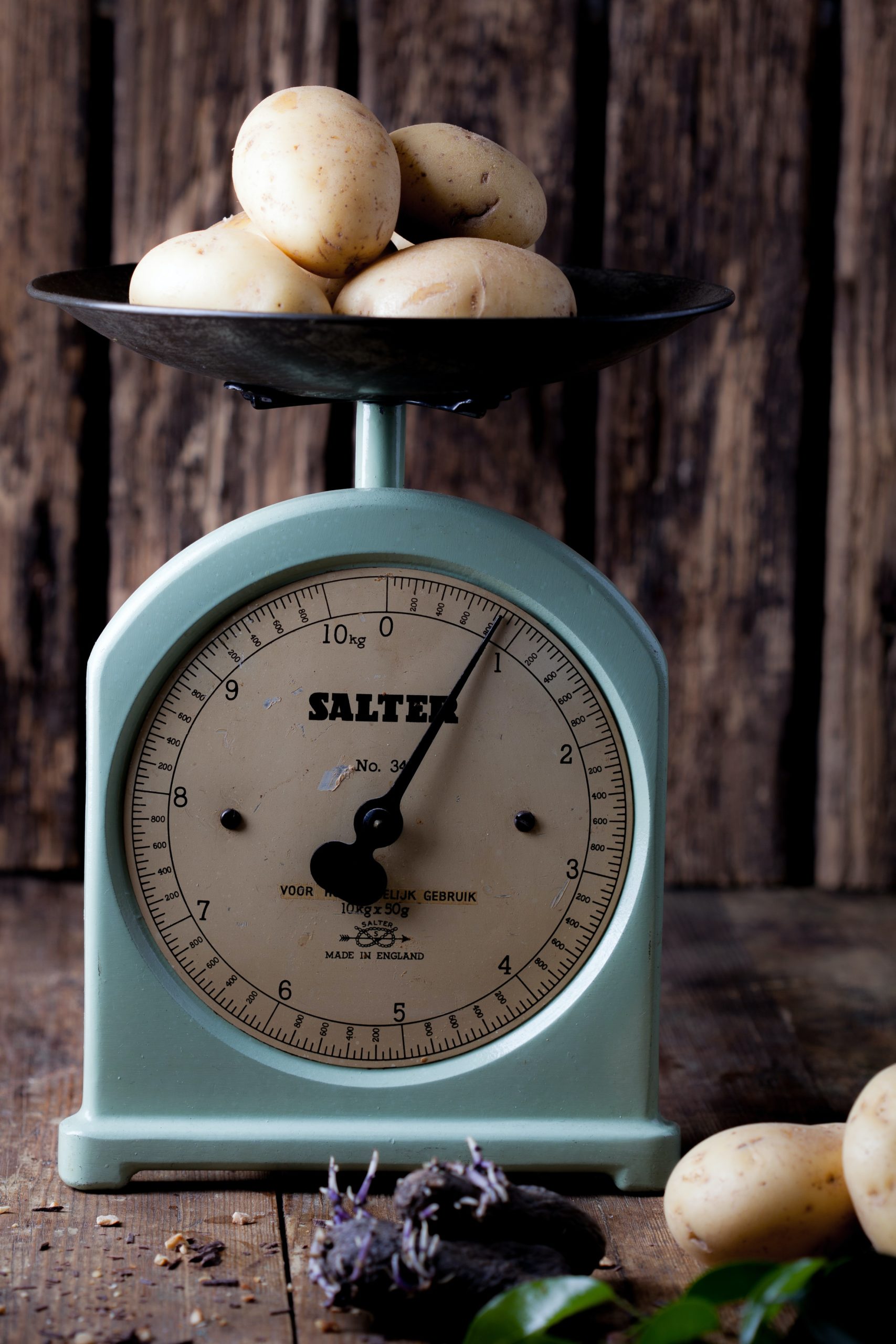By Rachel Davidson-Evans, BASc
Reviewed by Atheana Brown RD
You might have heard about BMI throughout your life and perhaps even compared yourself to the chart. The BMI or body mass index has long been used as a simple, inexpensive, and “easy” screening for weight categorizing by using only height and weight measures. But, is the BMI really a good indicator of health? Spoiler alert… it’s not. Today on the blog we will be discussing why.
The History of BMI
First, let’s dive into the history of the BMI calculation scale and how/why it was created. Did you know that the BMI was created in 1830 by a Belgian mathematician- no- not a doctor- with the goal of finding the measurements of an “average man”? This mathematician, by the name of Lambert Adolphe Jacques Quetelet, never made his goal to be used on an individual. So, you may wonder, how did it become what it is today?
Lambert’s simple calculation was made based on the idea that weight typically increases as height increases, and that you could find the ideal weight by comparing these measurements. Lambert’s simple formula was created using only Western European men and was only to be used as a way to gather population trends as a whole, not as a measurement of individual health. Fast forward to the 1970’s, when a dietitian and physiologist along with a group of colleagues declared Lambert’s index was the best and quickest way to screen individuals for obesity (Truu, 2022). And the rest is history. Crazy right?
The Flaws of BMI
Did you ever wonder how one adult BMI index can be used for everyone? Well, that is a strong argument for why it should not be. As discussed above, the BMI was created by gathering data only on white Western European men. The study did not account for all body types and only measured those considered “healthy” men from 12 sample groups, when we know especially now how health goes far beyond appearance (Truu, 2022).
Speaking of body types, there are many flaws to BMI when it comes to certain populations. Bodybuilders and elite athletes would be classified as overweight on the BMI scale as the test does not account for differences between body fat, muscle mass, and bone density, instead grouping all into the blanket of total weight. The calculation is also not valid for those pregnant or breastfeeding, despite governments making weight gain calculators using pre-pregnancy BMI’s (yikes!). While not all of us are professional bodybuilders or athletes, a bigger flaw in the BMI’s effectiveness is the natural differences in body types, shapes, and sizes between people of various genders, ages, and ethnicities. BMI includes weight and height but does not take age or sex into account whatsoever, despite women typically having different body fat distribution and higher body fat than a man with the same BMI. Similarly, older people typically have more body fat than a younger person with the same BMI (CDC, n.d.).

The Control we Have
Above all, weight does not equal health! You may have heard about the Social Determinants of Health (SDH) before. The social determinants of health are non-medical factors that influence our health. Some of these factors include social policies, working conditions, race, income, food availability, genetics and so on. One 2022 study found that only 36% of our health outcomes are influenced by individual behaviour. That means 36% is our own ability to change with things like our sleep and exercise routines, smoking habits, and moods, with positive changes can help reduce risks for diseases and negative health effects, while the rest is out of our hands (True, 2022). An interesting statistic when diet culture tries to make us feel 100% responsible, right? This serves as just another reason why BMI is not an adequate measurement of true health. A 2012 study focusing on the impact of healthy choices on 11 761 men and women along different points on the BMI scale found that healthy lifestyle habits are associated with a decreased mortality risk regardless of baseline body mass index (Matheson, King, & Everett, 2012).
Why is it still around?
After all of this information, you might be wondering- how is this thing still used today? And that, my friends, is a fair question. These days, it is pretty widely recognized that the BMI should not be used as a tell-all tool and is often used in conjunction with other more detailed tools. The BMI is quick, easy, and affordable, and that might be the unfortunate reason it’s being kept around today. Luckily, though, we know better.
What can we use instead?
In summary, the BMI is not a good indicator of individual health. As with BMI’s, a stubborn measure that has stuck around in society is that “health” is equal to weight. As discussed with the social determinants of health, there are so many factors at play beyond our control. A study in 2021 concluded that weight loss attempts for “ob*sity” treatments have not prevented excessive weight gain and can instead contribute to weight gain, weight cycling, and increased weight stigma and self-esteem which has significant health risks (Gaesser & Angadi, 2021).
We have some wonderful articles linked below on things like Measuring Health Without A Scale and Self-Care Goals.
Healthcare wise, the HAES or Health at Every Size is a public health approach that helps take the emphasis away from weight and instead advocates for practising healthy behaviours regardless of the body you have! If you feel the pressure of attributing your worth to your weight, a healthcare team, including a Registered Dietitian, can help you find ways to focus on health that works for you! If you need support, check out Peacefully Nourished.
Did you learn anything new from this article on BMI? Let me know what stuck out to you in the comments below!

References:
Bacon, L., & Aphramor, L. (2011). Weight science: evaluating the evidence for a paradigm shift. Nutrition journal, 10, 9. https://doi.org/10.1186/1475-2891-10-9
Centers for Disease Control and Prevention. (2022). About adult BMI. Centers for Disease Control and Prevention. Retrieved from https://www.cdc.gov/healthyweight/assessing/bmi/adult_bmi/index.html
Centers for Disease Control and Prevention. (n.d). Body mass index: Considerations for Practitioners. Retrieved from https://www.cdc.gov/obesity/downloads/BMIforPactitioners.pdf
Gaesser, G. A., & Angadi, S. S. (2021). Obesity treatment: Weight loss versus increasing fitness and physical activity for reducing health risks. iScience, 24(10), 102995. https://pubmed.ncbi.nlm.nih.gov/34755078/
GoInvo. Determinants of health visualized. (2017). Retrieved from https://www.goinvo.com/vision/determinants-of-health/
Matheson, E. M., King, D. E., & Everett, C. J. (2012). Healthy lifestyle habits and mortality in overweight and obese individuals. Journal of the American Board of Family Medicine : JABFM, 25(1), 9–15. https://doi.org/10.3122/jabfm.2012.01.110164
Truu, M. (2022). The really old, racist, and non-medical origins of the tool we use to measure our health. ABC News. Retrieved from https://www.abc.net.au/news/2022-01-02/the-problem-with-the-body-mass-index-bmi/100728416

leave a comment
share
share
share
share
share